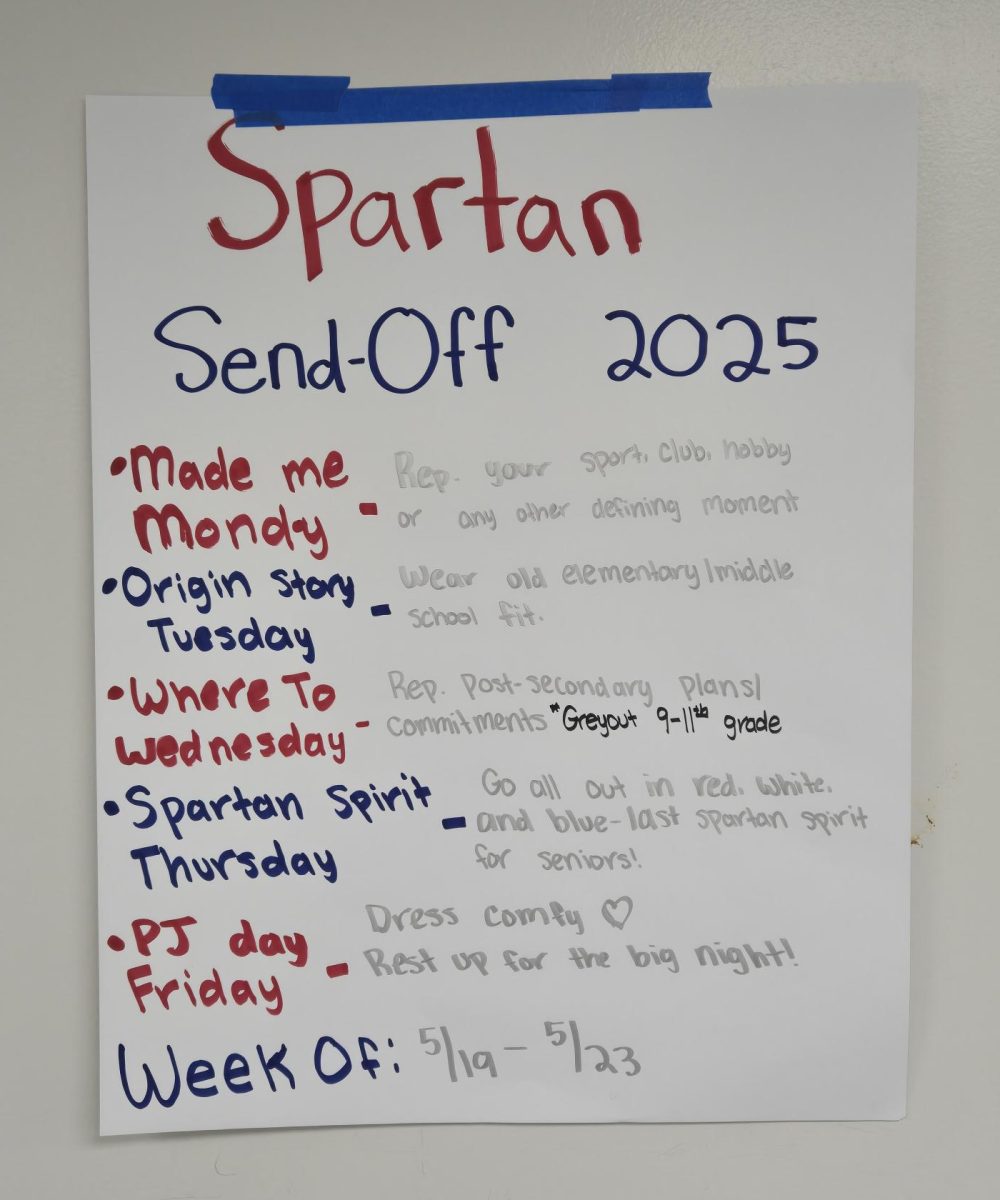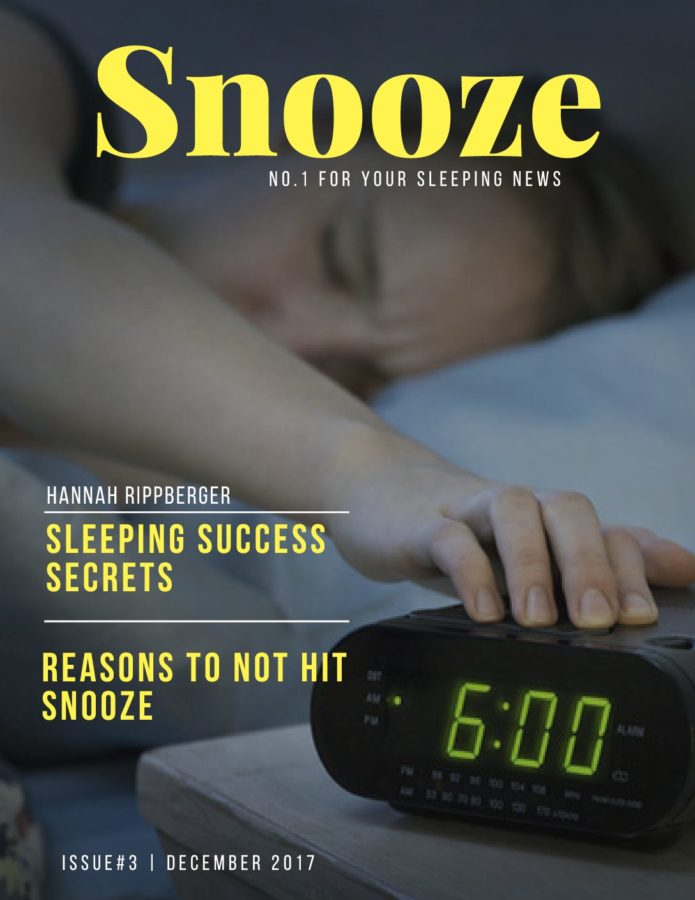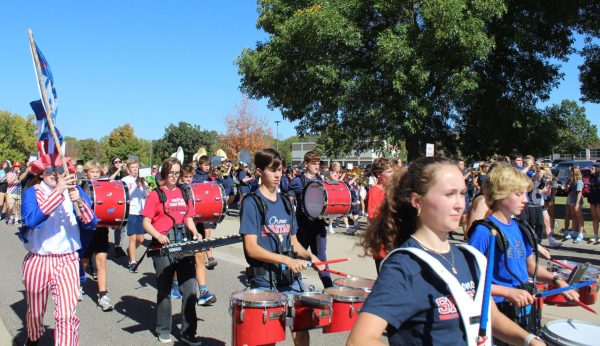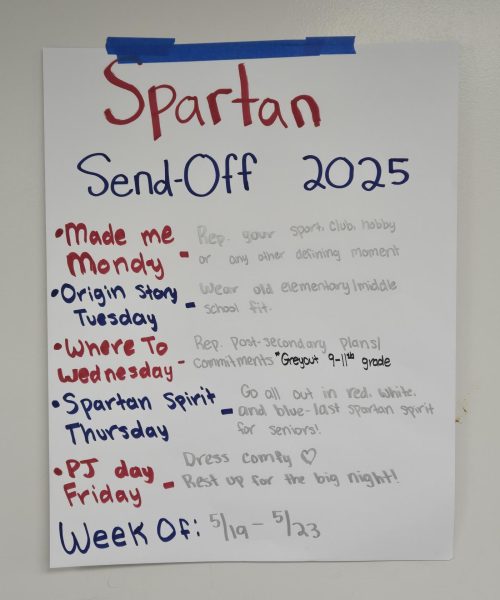Smacking snooze isn’t good for you
Hitting the snooze button is a big trend in the morning for those who want a few more golden minutes of sleep. The act of dipping in and out of sleep in the early morning is called “drockling” according to Mary A. Carskadon, PhD, a professor of psychiatry and human behavior at Brown University.
“I hit snooze every morning but it never seems to make me feel better,” senior Zane Raiche said.
Drockling can be harmful for the body. Getting enough sleep is the most crucial for feeling alert. Human bodies have mechanisms that help people get up easily and be less tired, such as turning up the bodies core temperature, according to Rafael Pelayo, MD, a sleep specialist at the Stanford University Sleep Medicine Center. An alarm clock abruptly waking a person up while his or her body temperature is still in deep sleep mode can cause tiredness for up to two hours after waking up.
“I do not feel refreshed after hitting snooze…I hit it over 50 percent of the time, “ senior Alyssa Denneson said, “I am tired because of lack of sleep from staying up with homework and Netflix.”
Hitting snooze and drifting off gives the body a chance to go into an even deeper, earlier part of the sleep cycle, according to the scientists at AsapScience. This can result in feeling even worse than before.
“I hit the snooze because I am so tired…It is hard for me to open my eyes in the morning so I end up hitting snooze, but I am still tired after hitting it,” sophomore Eleanor Robinson said.
In addition fragmentating extra sleep results in poor sleep quality and that is putting the body into a new sleep cycle that it does not have time to finish, according to Robert S. Rosenberg, medical director of the Sleep Disorders Centers of Prescott Valley and Flagstaff, Arizona, This can lead to persistent grogginess throughout the whole day.
The National Sleep Foundation defines this state of grogginess and disorientation as awakening from a deep sleep. This state slows down decision making abilities, impairs memory, and hurts overall performance. Coffee, caffeine drinks, and warm showers can not shake off sleep-inertia grogginess, according to the National Sleep Foundation.
“I feel groggy in the mornings. I hit my alarm a lot in the morings to try and sleep more, but I still feel groggy” sophomore Madelyn Shafer said.
Sticking to a strict, consistent sleep schedule, even on the weekends, can help defeat sleep grogginess and help have a easier start to the day.





















































